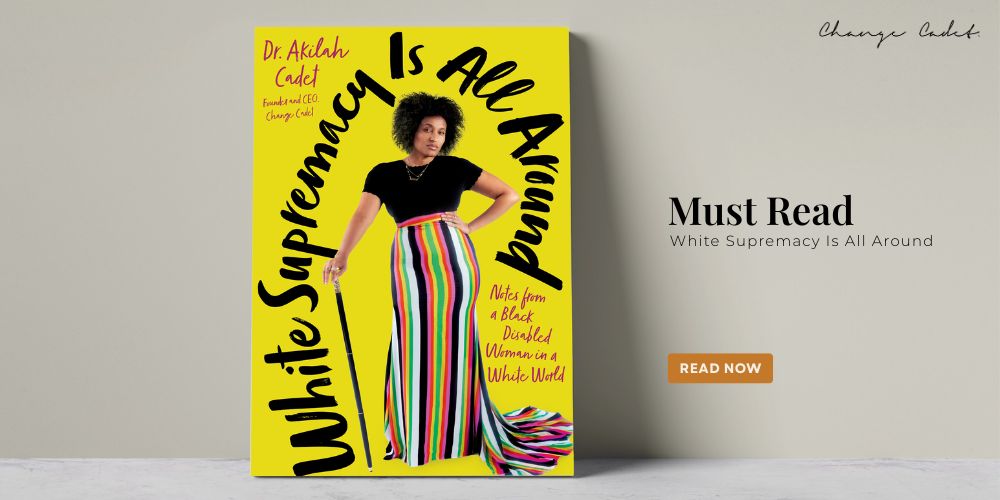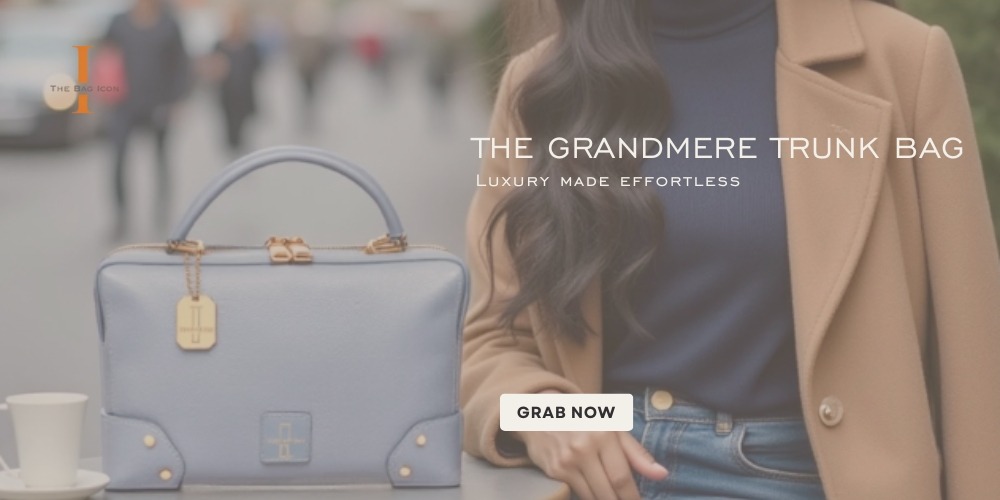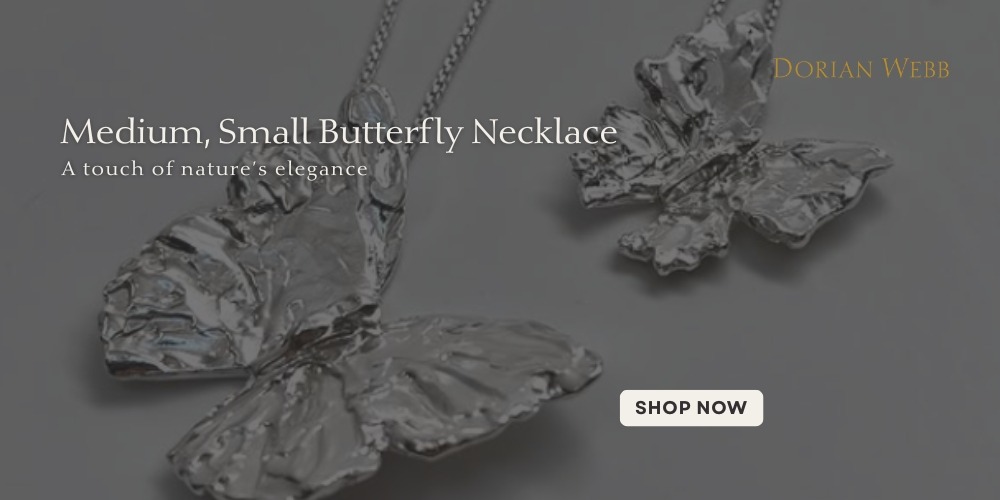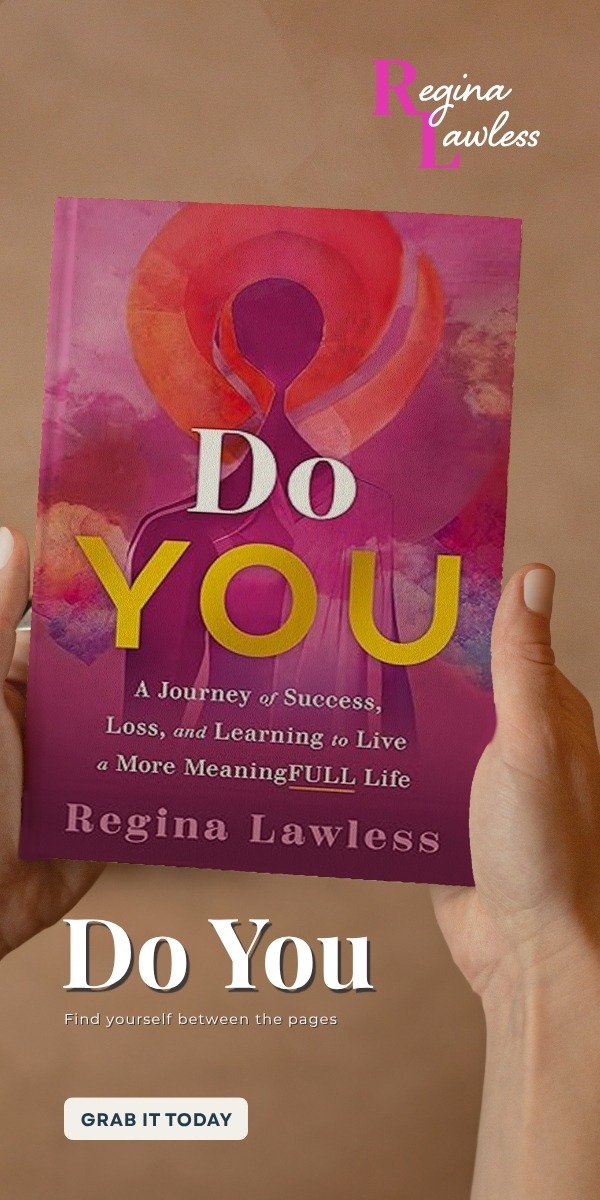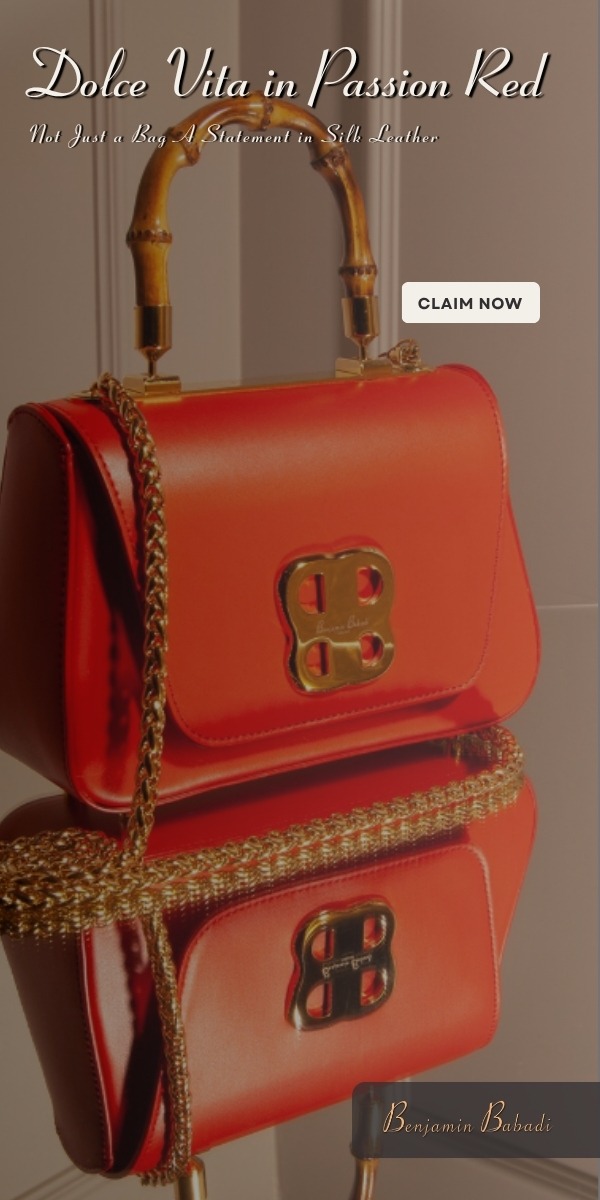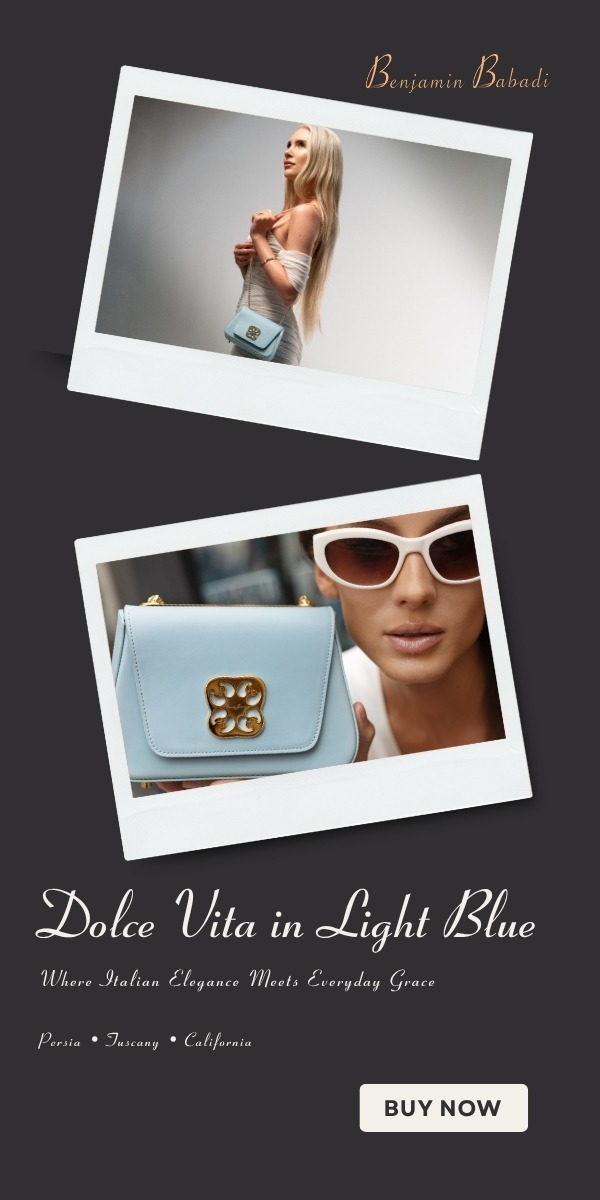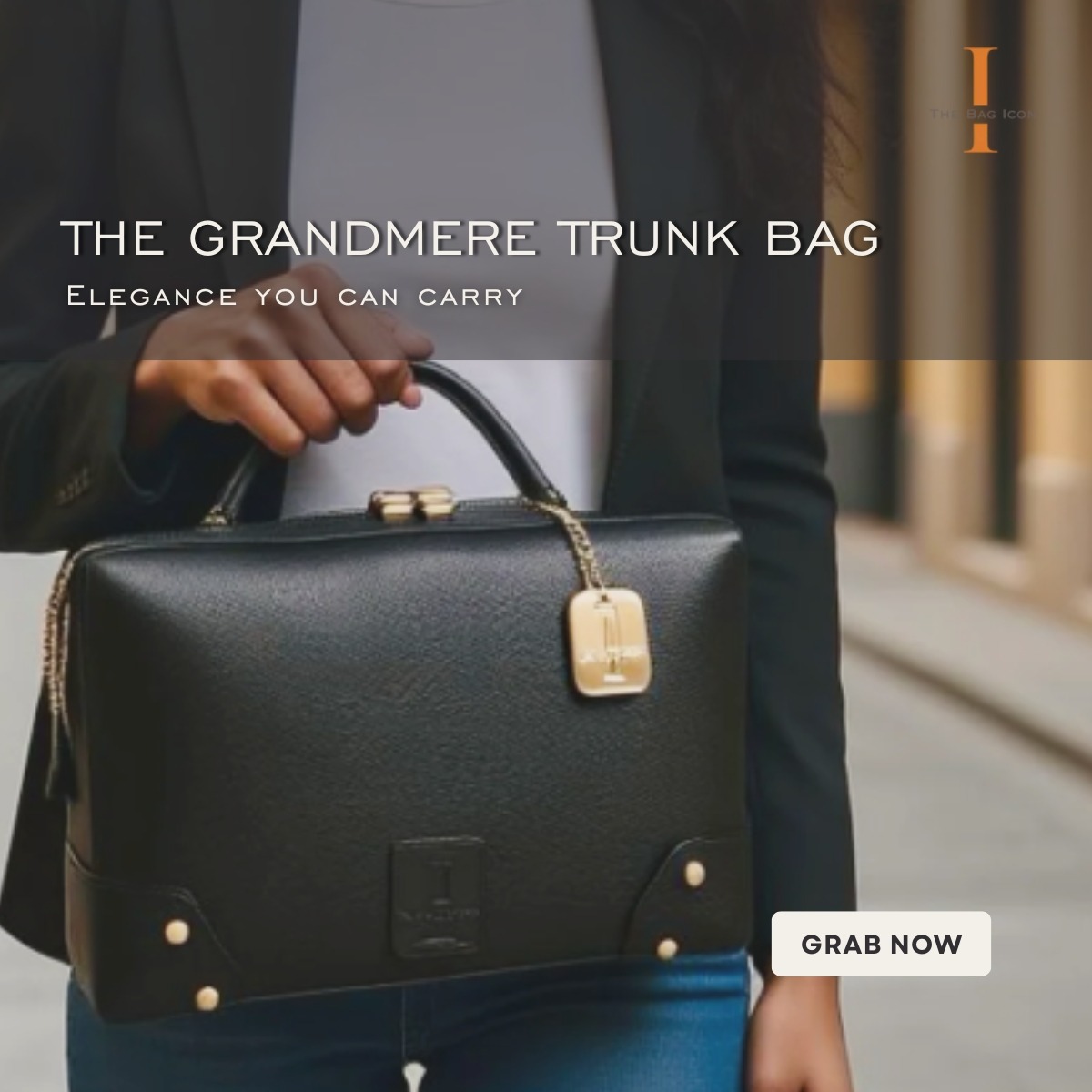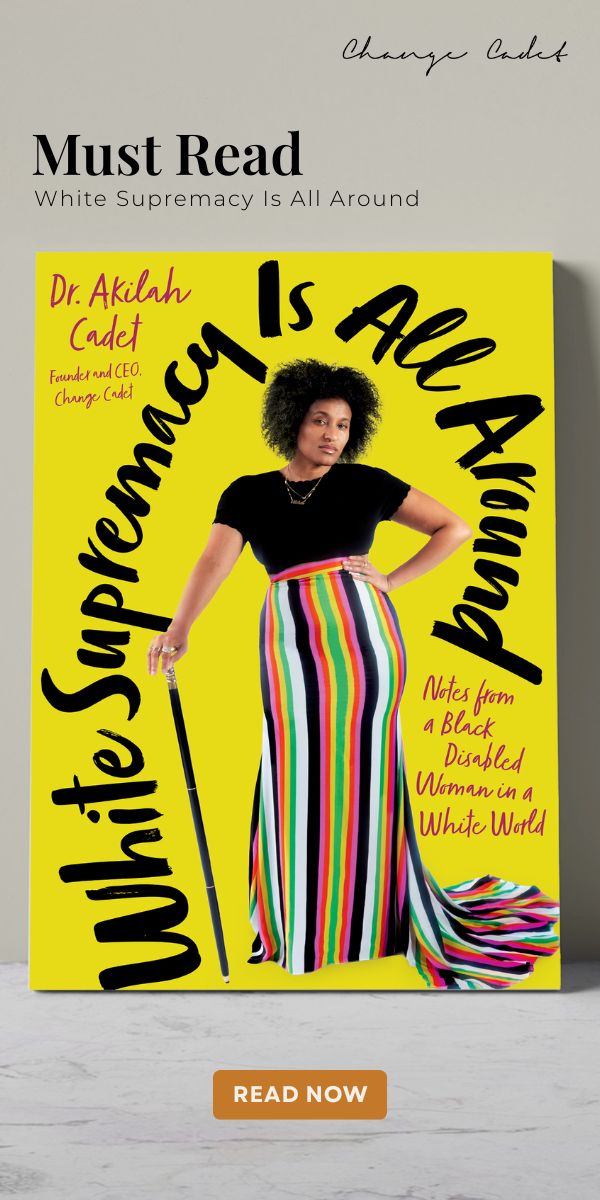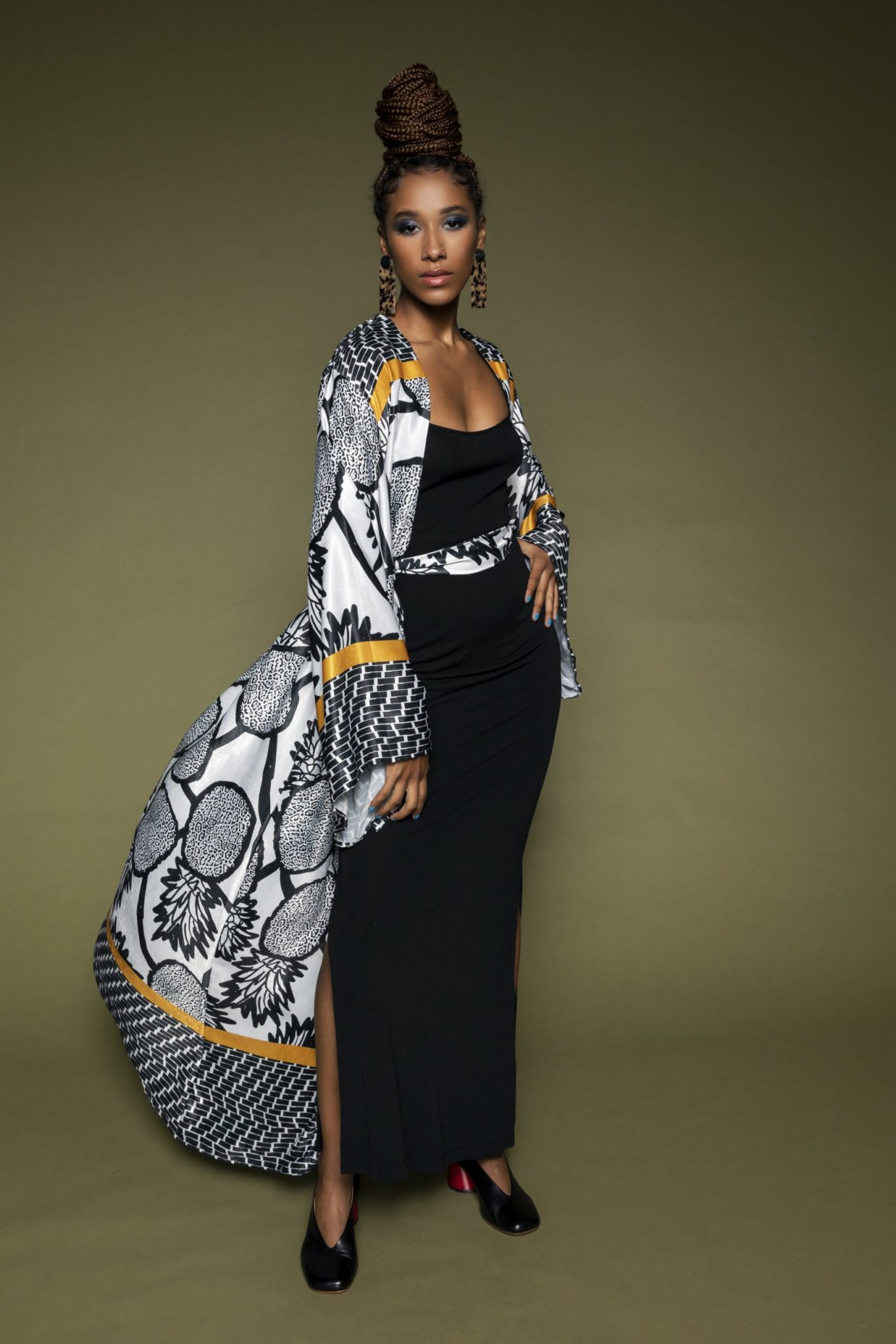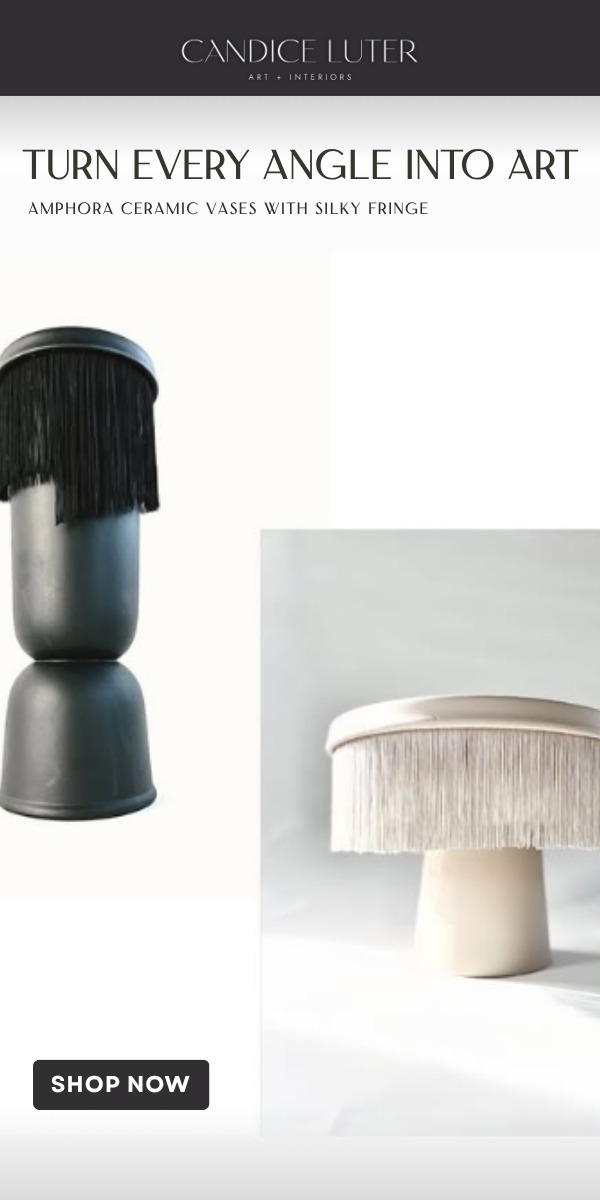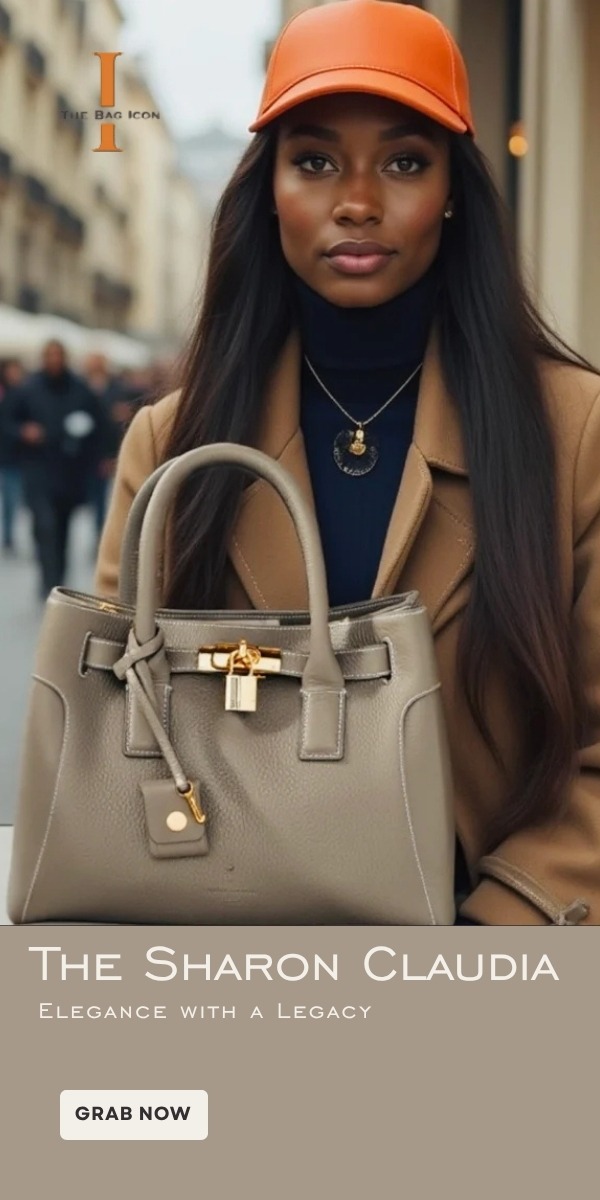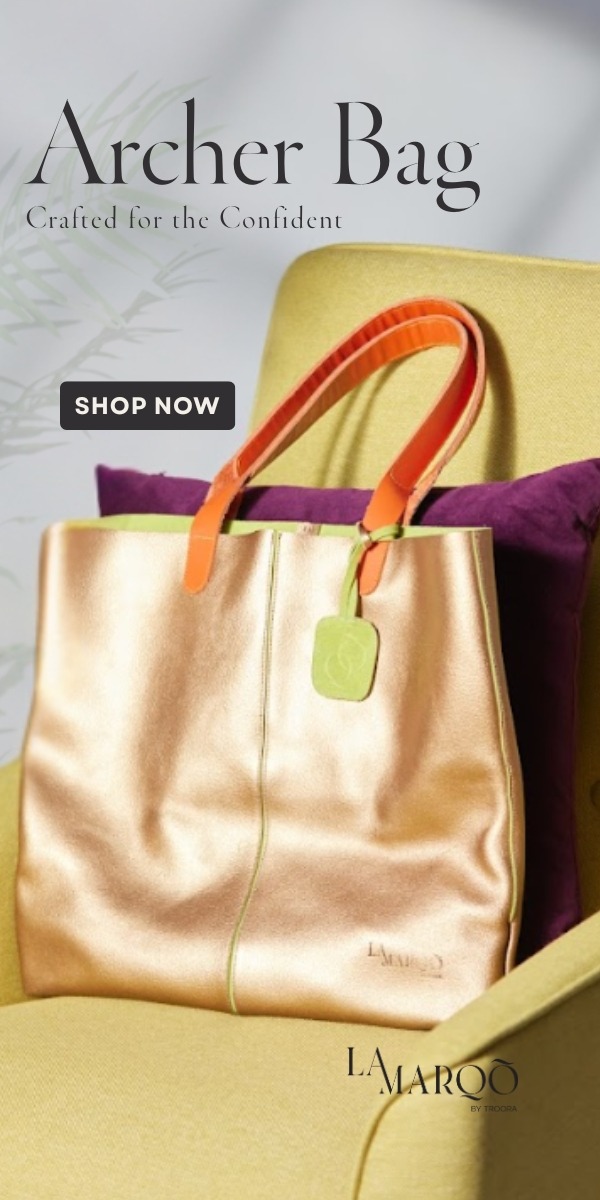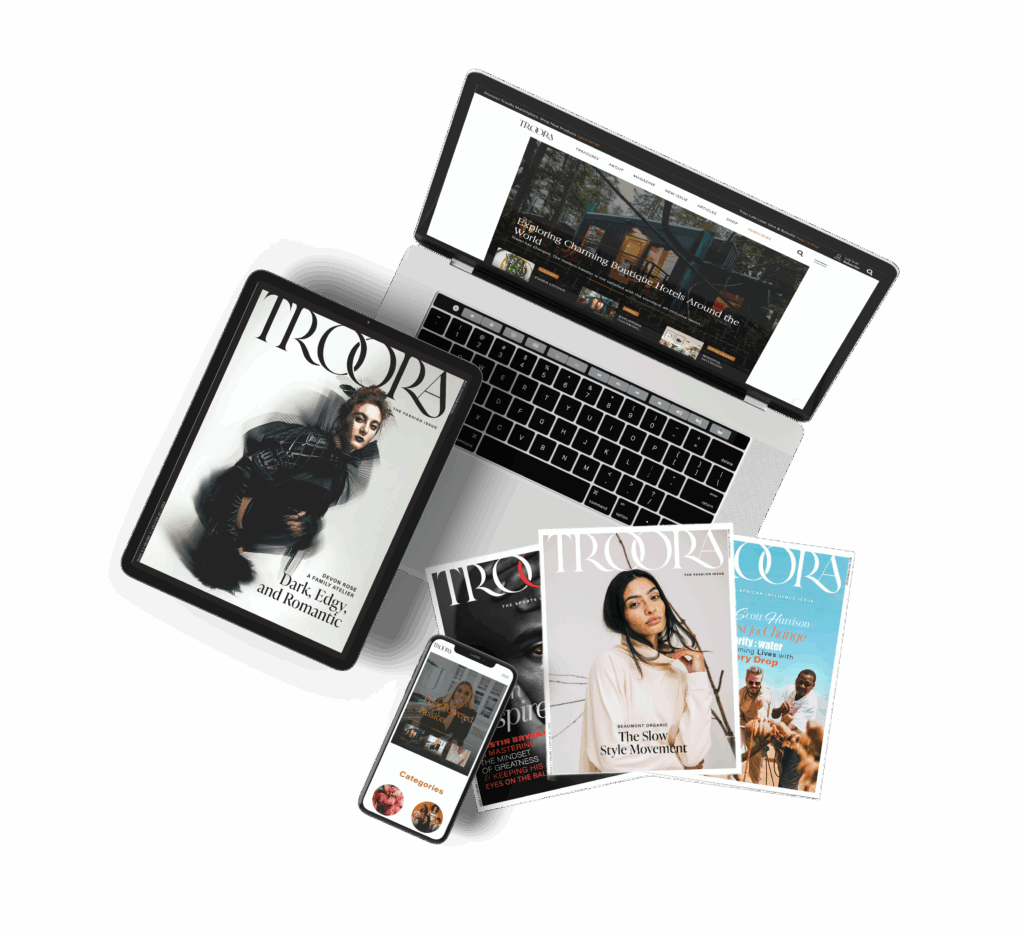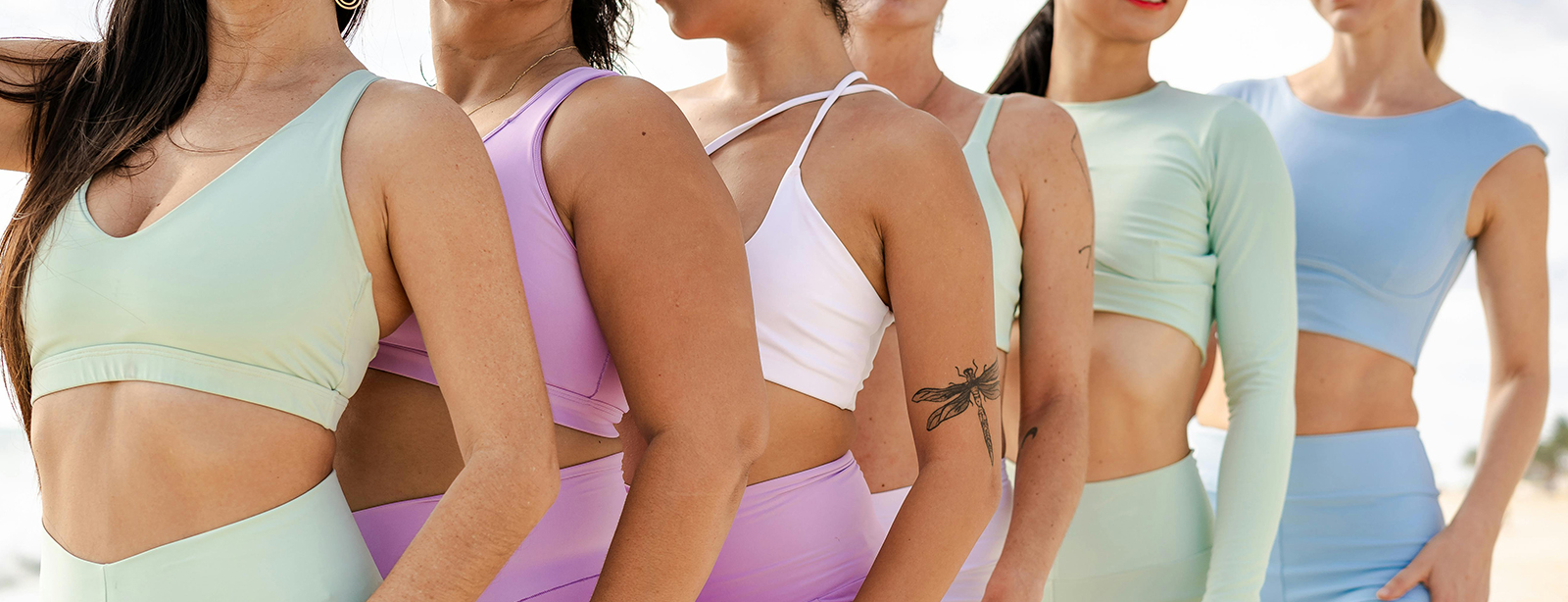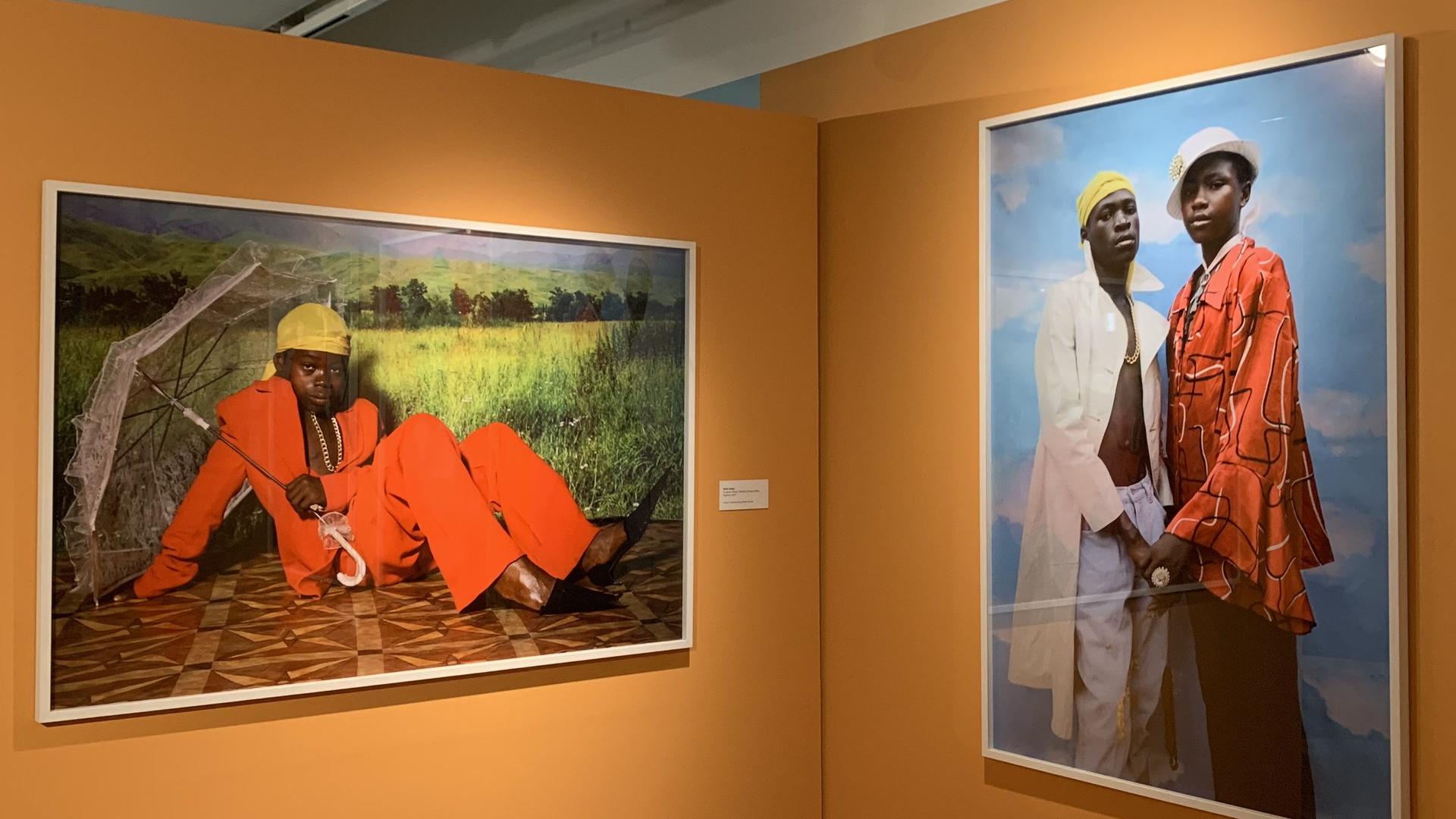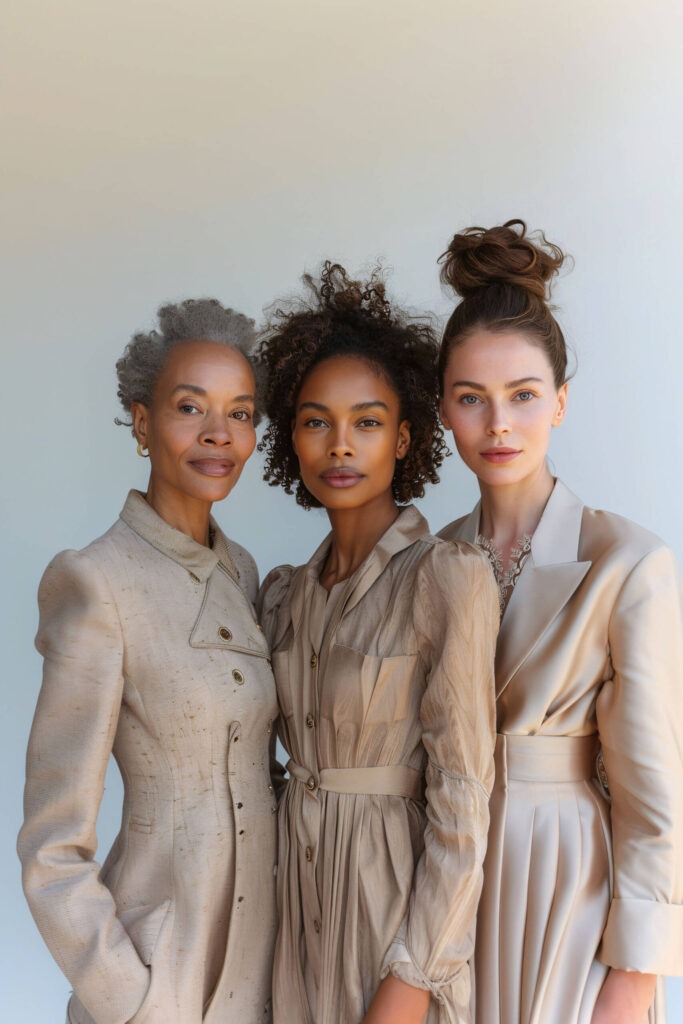Before the read
They focus on real-life health needs with inclusive, body-positive, and holistic care women actually want.
Yes—and some of today’s most inspiring women-led wellness startups are blending ancestral wisdom with modern science.
Forward-thinking, inclusive wellness companies are creating safe spaces that reflect a wide range of identities and needs.
Women-Led Brands Are Revolutionizing the Wellness Industry by Taking an Inclusive and Holistic Approach to Self-Care
Women are tired of outdated, non-inclusive fads disguised as the quintessential forms of self-care. They are tired of being told a certain beauty standard is acceptable, while others are not. They are tired of seeing wellness as a luxury. They are tired of shrinking and downgrading their problems and health concerns.
For far too long, mainstream wellness trends have existed without considering women’s lifestyles and health needs. Today, women-led wellness brands are shattering norms and catering to diverse wellness requirements.


The New Wave of Wellness
Two of the founders of the modern wellness industry were John Harvey Kellogg, a prominent physician, and Bernarr Macfadden, one of the first celebrity influencers of the twentieth century. Kellogg was a strong believer in rigid lifestyles, which meant abstaining from meat, sugar, alcohol, tobacco, sedentary lifestyles, sex, and obesity. Macfadden emerged as an influencer who rejected modern medicine and created a profitable empire from his fitness and fasting mantra and by showing off his physique in his magazine Physical Culture, which launched in 1899.
Michelle Cohen, a family physician, talked to bigthink.com about his research and work around these two prominent figures and the legacies they left behind. Their nineteenth-century health ideals evolved into mass-marketed, celebrity-driven strategies that carried on through the twentieth century and beyond. Cohen points out there is a fine line between promoting healthy habits and selling a one-size-fits-all approach that often ignores the problems of people with real health struggles who can’t cure themselves magically with healthy eating and willpower.
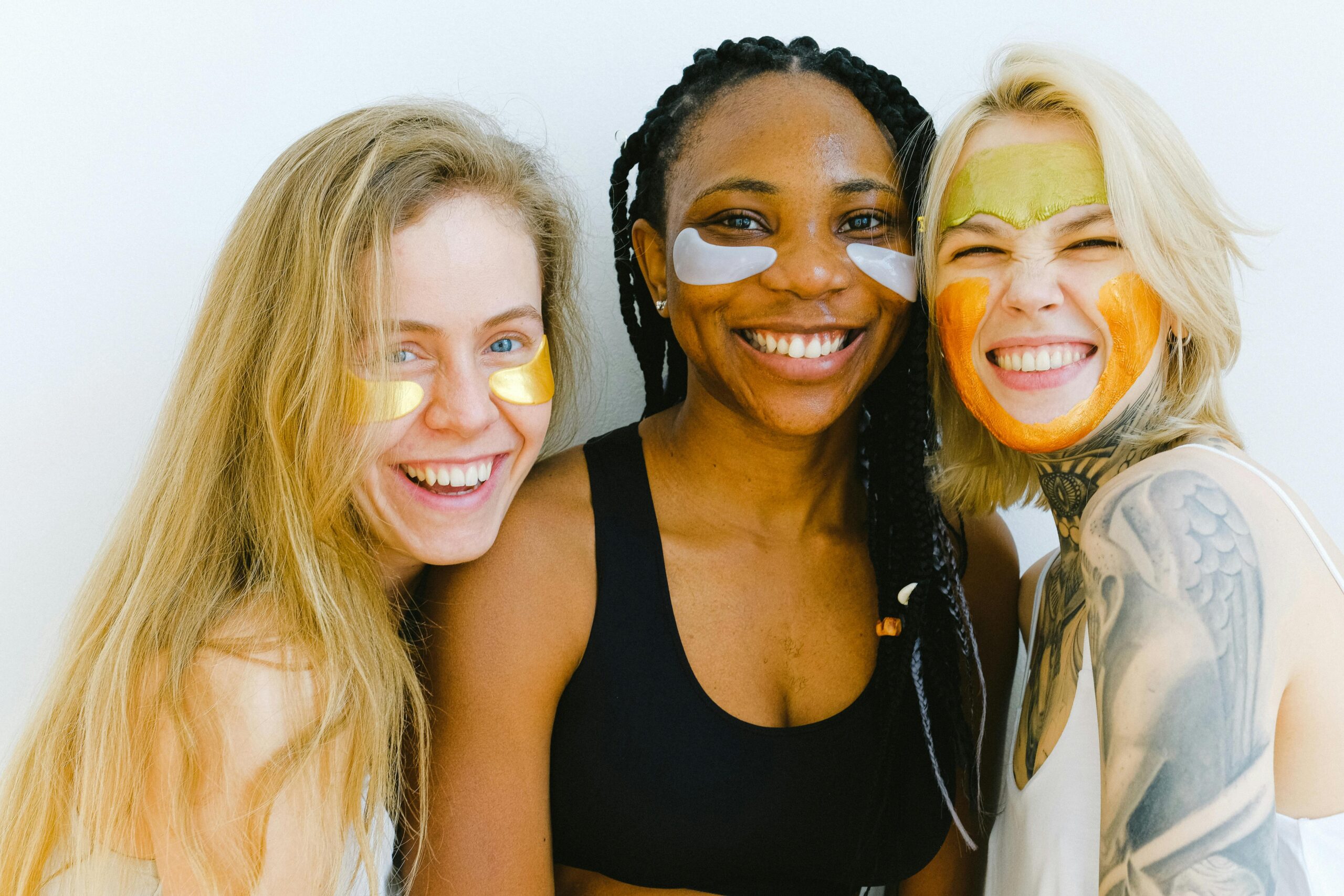
Health and wellness are not simplistic moral virtues that can be stuffed down people’s throats in the name of over-generalized health fads and beauty concepts. Today, many women are helping reshape wellness by making it more inclusive, empathetic, and diverse. They are talking about a sustainable work-life balance, body positivity, and holistic self-care that shuns toxic advertising and thinks out of the box. By moving away from unrealistic ideals of “perfect health” and embracing a multifaceted health approach that addresses individual needs, genetics, and accessibility, things are looking up for the wellness industry.
Chloe Pierre, the Black founder of the disruptive wellness platform thy.self tells Glamour Magazine why women are the best people for the wellness industry overhaul. “Women understand the nuances of wellbeing in everyday life—not just as a commodity but as a necessity—and some of us have found ways to build businesses that reflect that,” she says. “From creating inclusive spaces to challenging outdated beauty and health standards, female leaders in wellness, like myself, are reshaping the industry to be more accessible, holistic and diverse.”
Powerhouse Women- Owned Wellness Companies
Women are redefining wellness and what it means to be healthy, strong, and beautiful. From inclusive beauty products to holistic wellness brands that employ indigenous traditions backed by science for reproductive and hormonal health, wellness brands are making a huge impact in women’s lives. Here are some of the most impactful and diverse wellness brands run by powerhouse women entrepreneurs.
Sakara Life
Founders Danielle DuBoise and Whitney Tingle turned to food to heal their ongoing health issues and eventually launched Sakara to help people transform their health by healing microbiome and metabolic health. Sakara uses science-backed nutrition and ancient wisdom dating back to 2000 BCE to make organic, plant-based eating more accessible. Sakara Life guides people to ditch chemicals and preservatives for organic, nutrient-dense foods. Ultimately, they help people boost their energy, manage weight, and balance hormones for better health.
The Honey Pot Company
The Honey Pot Company is the first plant-based feminine care brand owned by a Black woman. Bea Dixon provides women with a plant-based, natural, and holistic alternative to mainstream cosmetics that often ignore women’s bodies and needs. Dixon is helping normalize conversations about menstruation and vaginal care and helping empower women so they can take care of their intimate health in a body-positive and inclusive manner.
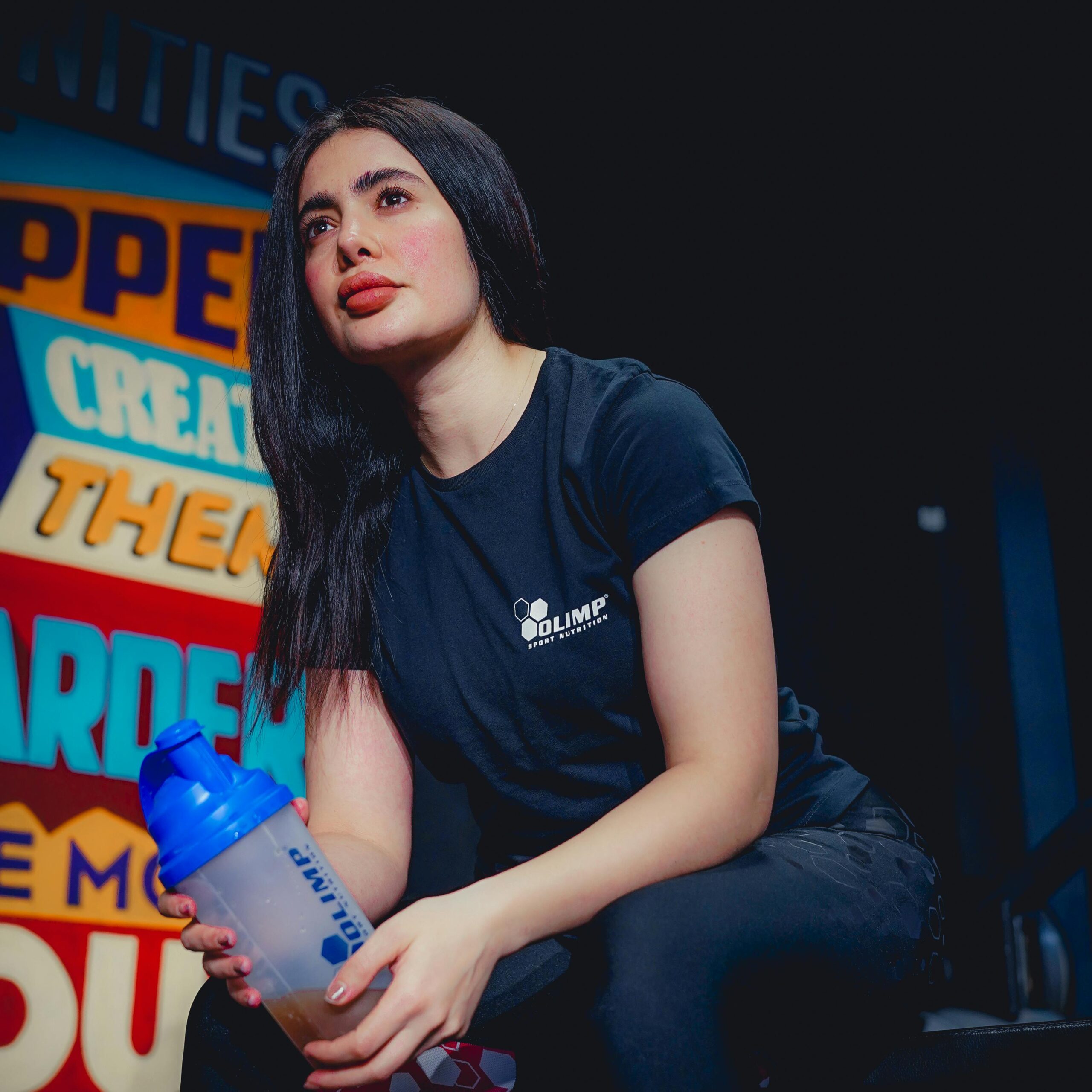
Golde
Golde started from a one-bedroom apartment in 2017. This small but mighty company celebrates superfoods, beauty, and holistic health, whether it’s smoothies or skincare. Co-founder and CEO Trinity believes that wellness should be accessible, fun, and approachable. She advocates for diverse representation in the wellness industry and creates easy-to-use, plant-based superfoods that people can use in their daily lives. She believes that prioritizing health shouldn’t be complicated, and no matter the background or experience, everyone should be able to benefit from superfoods.
Moon Juice
From responsible sourcing and packaging to donating 1 percent of all proceeds to charity, Amanda Chantal Bacon, founder and CEO, is on a mission to help people stay active and healthy in their journeys through plant-based healing, hormonal balance, and holistic skincare supplements, often ignored in mainstream wellness. Moon Juice bridges Eastern medicine and modern science by incorporating ancient, holistic healing practices with modern findings on wellness. By combining adaptogens, herbs, and other traditional medicine ingredients, Moon Juice products are both timeless and scientifically grounded.
OSEA Malibu
For Jenefer Palmer, founder of OSEA Malibu, abundant love for the ocean and nature eventually led her to create OSEA, which stands for ocean, sun, earth, and atmosphere. OSEA creates seaweed-based, climate-aware skin products. OSEA offers an alternative to chemical-heavy products and helps increase awareness around products that are more aligned with nature and overall well-being.
Tia
Carolyn Witte and Felicity Yost have both suffered at the hands of the current healthcare system. They felt dismissed and ignored during doctor visits. The disrespect and lack of understanding the women encountered around sexual health and fertility was a turning point for Witte. And that’s how Tia was born. Tia emerged as a personalized, empathetic, and patient-centered healthcare system for women. Witte was determined to create a space where women were heard, respected, and empowered to take control of their health on their own terms.
Tia’s commitment to the cause is also highlighted on their official website: “Tia is on a mission to make healthcare both higher-quality and more accessible for all, regardless of age, sex, gender, race, ethnicity, religion, ability, sexual orientation, and economic status.”
Loom
Erica Chidi and Quinn Lundberg help educate and empower women on pregnancy, fertility, and sexual health. Through the LOOM app, they help break stigmas around reproductive education by creating a safe, inclusive space for people to learn about their reproductive health. It promotes a holistic approach to healthcare that goes beyond just the basics of menstruation and fertility and includes emotional and mental well-being. LOOM helps make education accessible for marginalized communities by offering a non-judgmental, open space for conversation about reproductive health.

Innersense Organic Beauty
Innersense is a non-toxic, organic haircare brand founded by Joanne and Greg Starkman. This remarkable brand was one of the first certified organic brands out there. Innersense uses eco-friendly, plant-based ingredients and supports hair diversity.
DEUX
Sabeena grew up loving junk food but eventually wanted an alternative to traditional, unhealthy snacks. So, she created snacks that were not only delicious but also “good for you.” Deux creates healthy cookie dough and snacks with superfoods and adaptogens like zinc, elderberry, aloe vera, and more!
Wildling
Wildling was founded by all-female founders, Jillian Chapin, Britta Plug, and Gianna de la Torre. Wildling provides holistic beauty, face sculpting, and gua sha tools to provide a comprehensive healing system of the mind, body, and skin. Wildling is the perfect blend of ancient healing techniques and modern beauty. Wildling decolonizes archaic beauty standards by embracing natural, unfiltered beauty and promotes the idea that true beauty comes from nurturing the skin and body using ancestral wisdom rather than Eurocentric ideals. Wildling encourages people to rethink beauty stereotypes of perfection and instead celebrate diverse skin types.
Glamourina
Founded by two moms, Nekol and Kia, Glamourina was born out of the dire need to empower and celebrate the strength and beauty of Black women in the fitness world. The founders wanted to inspire women of color to honor their culture while at the same time feeling represented, powerful, and comfortable in their activewear.
Ritual
Ritual is redefining vitamins with transparency and science-backed ingredients. Founded by Katerina Schneider, who struggled to find a clean prenatal vitamin, Ritual ditches the mystery fillers and traces every ingredient to its source. More than just supplements, Ritual is a movement for informed, intentional self-care, prioritizing sustainability and trust.
Challenges for Women-Led Wellness Companies
Despite driving some of the most innovative wellness brands, women-led startups receive less than 3 percent of VC funding—and for women of color, it’s less than 1 percent. Many male investors overlook the huge market for women’s health, period care, and menopause support, seeing them as “niche” rather than serious, scalable ventures. These challenges aren’t going away, but there is still remarkable change. New investment models and direct-to-consumer success stories are shifting the paradigm. Consumers are now more aware of their needs and are, in turn, looking for wellness brands that truly represent them.
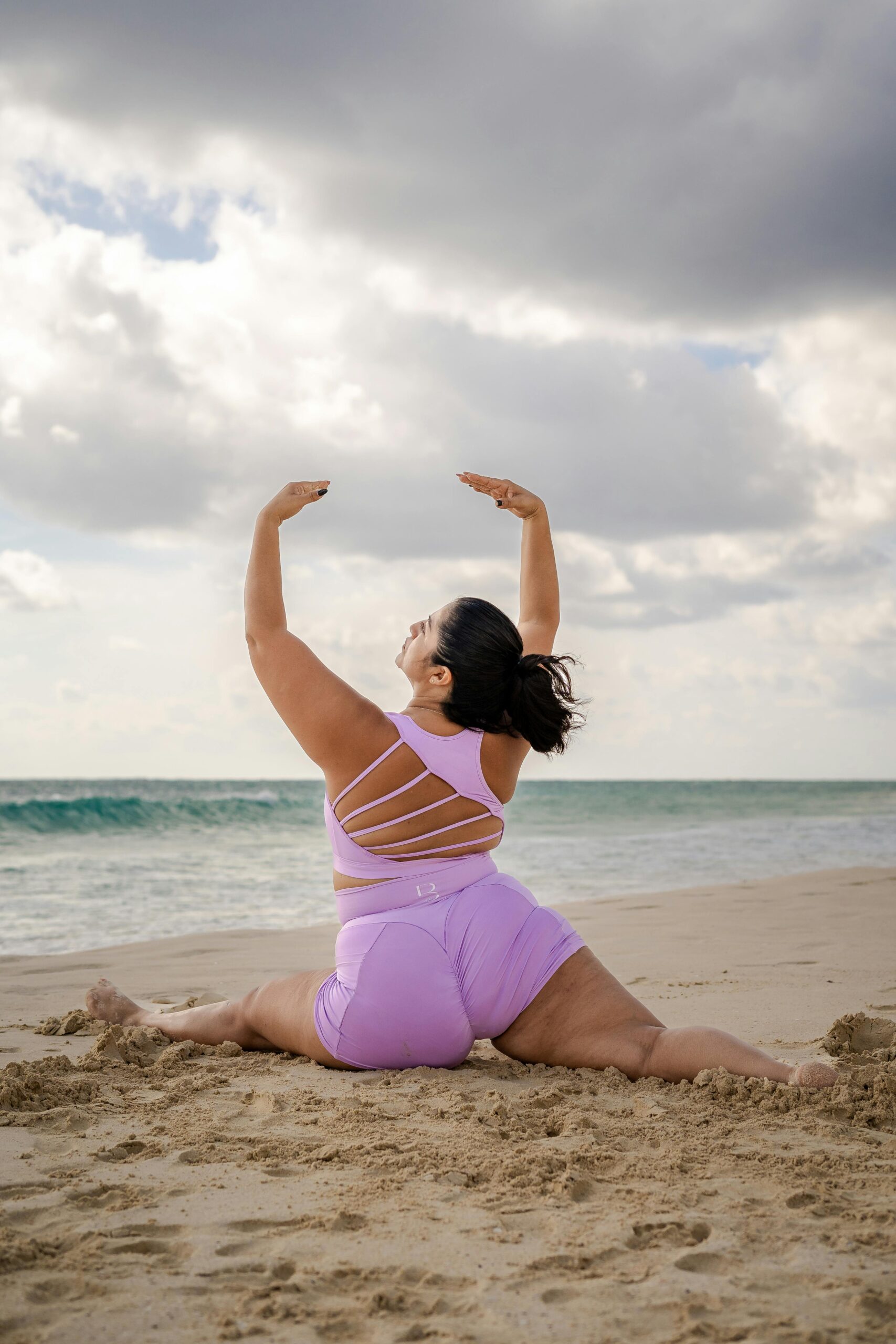
The Future
New tech is making wellness more personal with tools like smart health tracking and AI-powered support. Community-driven platforms are also bringing people together, making wellness feel more real, relatable, and accessible to everyone.
This is why at TrooRa, we hold these inclusive, women-led wellness brands close to our hearts. These authentic brands with empowering missions that advocate self-care and holistic wellness for everyone speak volumes.
Self-care is not a selfish sentiment, but rather it is a collective process that connects all people and the planet. The need to support and create more women-led, diverse wellness brands is now stronger than ever. It’s time we redefine what wellness looks like for us, on our terms.
More by this author
The Wrap
- Women-owned wellness brands are challenging outdated health standards with personalized and inclusive solutions.
- These holistic wellness brands embrace everything from plant-based nutrition to sustainable skincare and reproductive health education.
- Founders like those of Tia, Sakara Life, and The Honey Pot Company prioritize empathy, accessibility, and cultural relevance.
- Many women-led wellness startups seamlessly merge ancestral healing practices with science-backed innovations.
- Despite limited venture capital access, women entrepreneurs are driving serious change in the wellness industry.
- Consumer demand is shifting toward brands that reflect real needs, diverse identities, and inclusive wellness practices.
- The future of wellness is community-focused, tech-enhanced, and led by purpose-driven, diverse women entrepreneurs.
